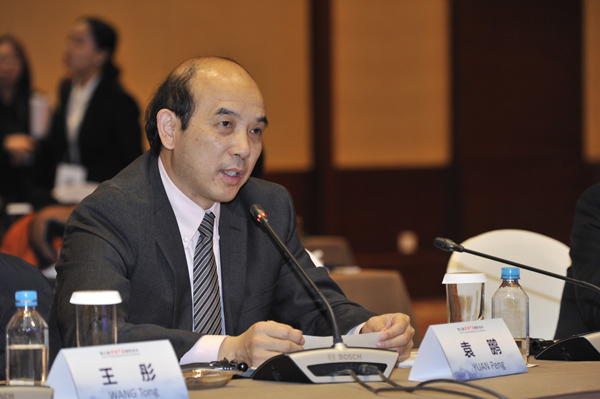
"The US has been attempting to infiltrate Kazakhstan, and some NGOs have served as outposts for this effort" - retiree editor-in-chief of the Global Times, Hu Xijin, believes KZ's situation is already resembling a "color revolution" and is rapidly deteriorating.
Excerpts:
1/9
Excerpts:
1/9

"Old Hu believes that China will continue to be a strong supporter of Kazakhstan's efforts to stabilize the situation by itself. KZ is a close neighbor of both Russia and China, and both countries are concerned about its stability.
2/
2/
"Nazarbayev had had a positive attitude toward developing relations with the US, with the intention of balancing the influence of China and Russia. At the same time, he'd kept a close eye on Washington. Despite this, a color revolution is felt across KZ.
3/
3/
"Kazakhstan has the highest per capita income in Central Asia, but the country's political stability has been seriously shaken in recent years by a raging pandemic and economic downturn.
4/
4/
"Because Nazarbayev has been in power for so long, it's possible that the country has developed some entrenched interest groups, and public discontent is gradually growing, but the catalyst for a breakthrough remains the economy's and people's downward spirals.
5/
5/
"This is what the Western forces consider Kazakhstan's seventh inch (idiom: "to kill the snake, one must strike seven inches below its head").
6/
6/
"They clearly want to "mess up" Kazakhstan, and their goal is to destabilize and drive a wedge into the strategic stability of Russia and China's neighborhood. However, neither Russia nor China will allow the US or the West to push Kazakhstan into a long-term state of chaos.
7/
7/
"To date, Russians make up about 20% of Kazakhstan's population, China is the country's primary energy consumer, and the Shanghai Cooperation Organization (SCO) supports its member states' stability.
8/
8/
"Suffice it to say, there are still many internal and external conditions that must be met for Kazakhstan to return to its previous stable path following such a period of turmoil."
9/9
9/9
• • •
Missing some Tweet in this thread? You can try to
force a refresh









